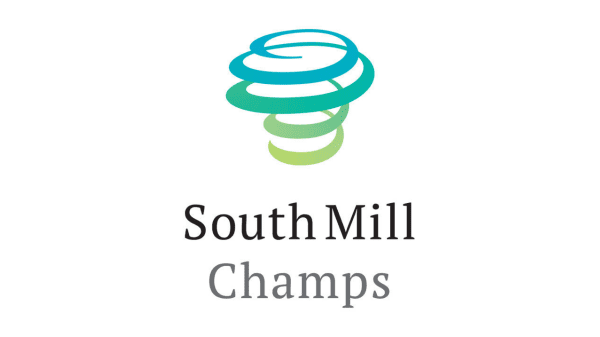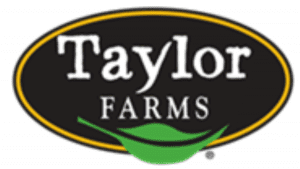Welcome to Blue Book!
Are you ready to join the thousands of companies who rely on Blue Book to drive smarter decisions? View our plans and get started today!
Still have questions? We’d love to show you what Blue Book can do for you. Drop us a line– we’ve been waiting for you.
Battle of the Acronyms: U.S. GAAP vs. IFRS
Publicly traded companies in the United States must report in conformity with Generally Accepted Accounting Principles (GAAP), established by the Financial Accounting Standards Board. Yet more than 450 foreign companies reporting in the United States use IFRS, and many U.S. companies with foreign subsidiaries must comply with reporting requirements in IFRS jurisdictions.
The Financial Accounting Standards Board (FASB) has been working with the IASB for more than a decade to eliminate or minimize the differences between U.S. GAAP and IFRS, by employing a standard-by-standard approach over time. But despite success in developing numerous standards, the road to convergence has been rocky, and nearly impassable in the last two years.
Unfortunately, the two boards take a rather different approach to setting standards, and therein lies the major roadblock to convergence. Where the U.S.’s GAAP is based on rules, the IFRS is based on principles, with the latter providing fewer detailed rules and limited industry-specific guidance.
The U.S. Securities and Exchange Commission (SEC), which will ultimately make the decision concerning adoption, released an evaluation study in July 2012. The study made no recommendation for moving forward with IFRS and noted that adoption would be expensive for American firms.
Rules vs. Principles
The slow pace of convergence came to a near standstill late in 2012. Then-FASB chairman Leslie Seidman felt the U.S.’s heavily regulated marketplace and more litigious culture required clear and unambiguous standards. “I don’t believe our system can function over the long run with only broad principles,” she explained in December 2012. “U.S. preparers and auditors are expected to apply the standards as written… It is not acceptable in our culture to substitute a proxy for the requirement, or to say ‘this is probably what the FASB meant’.”
Seemingly, there is little hope for convergence on projects as the FASB-IASB effort nears its end this year. The SEC’s draft “2014-18 Strategic Plan” this past February made no mention of IFRS by name and stated that the Commission would consider “whether a single set of high-quality global accounting standards is achievable.”
The IASB clearly believes a convergence of U.S. GAAP rules and IFRS principles simply is not feasible. In response, the board formed a new Accounting Standards Advisory Forum as part of a move away from bilateral convergence with the FASB to a more inclusive, multilateral approach to standard-setting that includes FASB.
Canada’s Adoption of IFRS
Canada’s independent Accounting Standards Board dropped its Generally Accepted Accounting Principles (CGAAP) in 2001 and adopted IFRS for publicly traded companies, with the exception of investment funds and rate-regulated firms. Investment funds must adopt IFRS for the fiscal year beginning January 1, 2014.
Private organizations, including not-for-profits, can choose between IFRS and Accounting Standards for Private Enterprises, a simpler framework designed for companies with no intention of going public or tapping into international capital and debt markets. Canada has not adopted IFRS for small- and medium-sized private entities.








